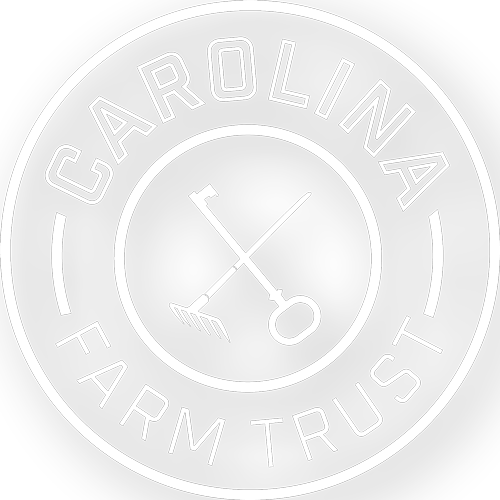The Right to Eat Well
Food is more than just fuel—it’s medicine, a source of energy, and a key determinant of health. Yet for millions of people, access to fresh, nutrient-dense food remains out of reach. Nutrition insecurity disproportionately impacts low-income communities and people of color, contributing to chronic diseases like diabetes, hypertension, and obesity.
At Carolina Farm Trust, we believe access to healthy food is a basic human right, not a privilege reserved for those who can afford it. Through initiatives like our Food is Health Program, we’re working to close the food access gap by delivering fresh, local food directly to communities in need.
The Link Between Food Access and Health
The connection between diet and disease is well-documented. According to the Centers for Disease Control and Prevention (CDC), nearly 60% of adults in the U.S. have a chronic disease, many of which are linked to poor nutrition. Limited access to fresh food is a direct contributor, as families often rely on ultra-processed, high-calorie, and low-nutrient options when fresh produce is unavailable or unaffordable.
When people don’t have access to nutritious food, they are more likely to experience:
Obesity and metabolic disorders – Diets high in processed foods increase the risk of obesity and Type 2 diabetes.
Heart disease and high blood pressure – A lack of fresh produce and whole foods contributes to cardiovascular disease.
Weakened immune systems – Nutrient deficiencies make individuals more susceptible to illness and infections.
These health disparities place enormous strain on healthcare systems, increasing medical costs and reducing life expectancy in food-insecure communities.
Food Deserts and Food Apartheid
The term food desert refers to areas where fresh food is difficult to access due to the absence of grocery stores or farmers’ markets. The USDA estimates that 40.5 million Americans live in areas with limited access to healthy food.
Even more alarming is the concept of food apartheid—a systemic issue where race and socioeconomic status determine food availability. Studies show that predominantly Black and Brown neighborhoods have fewer grocery stores and more fast-food chains, leading to higher rates of diet-related diseases.
At Carolina Farm Trust, we’re committed to dismantling food apartheid by strengthening local food systems, supporting small farmers, and ensuring fresh, nutrient-rich food reaches those who need it most.
The Food is Health Program: A Local Solution
Through our Food is Health Program, Carolina Farm Trust is proving that a just and equitable food system is possible. This initiative partners with local farmers, senior nutrition programs, and transitional housing services to bring fresh, high-quality food directly to people who need it most.
Our program focuses on:
- Sourcing food from regional farms – Supporting local farmers while providing nutritious food.
- Delivering fresh meals and produce – Ensuring vulnerable populations have access to high-quality food.
- Educating communities – Empowering individuals with knowledge about nutrition, cooking, and food sovereignty.
A Call to Action: Let’s Build a Just Food System Together
Food is a right, not a privilege. No one should have to choose between eating and paying rent or rely on fast food because fresh produce is out of reach. The solution starts with investing in local food systems, supporting farmers, and ensuring equitable food distribution.
With your support, Carolina Farm Trust can expand the Food is Health Program, helping more families gain access to the fresh, healthy food they deserve.
Donate today to fight food insecurity and bring nutrition equity to our communities.
Together, we can make healthy food accessible for all.


